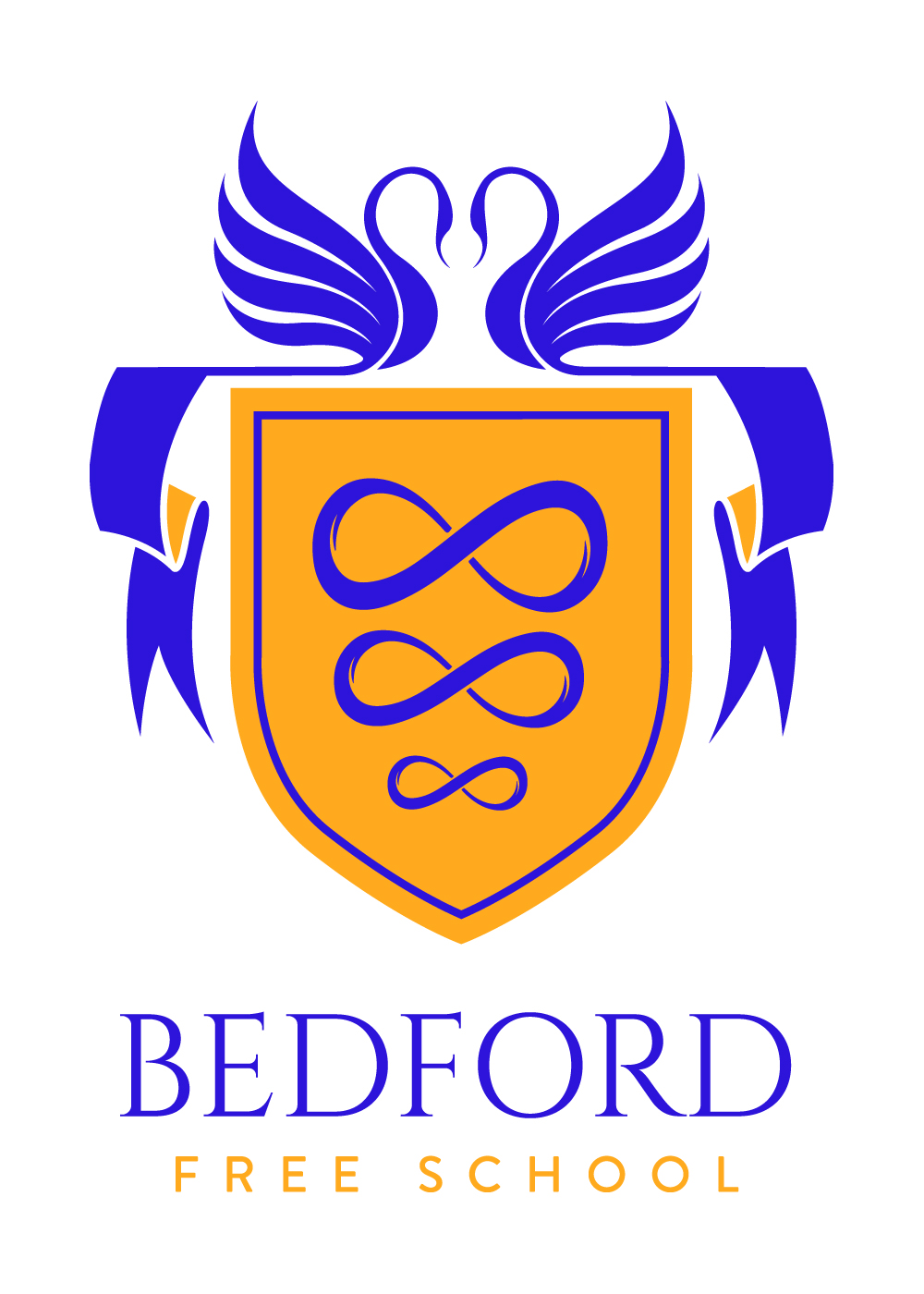
Design and Technology prepares students to participate in tomorrow’s rapidly changing technologies. They learn to think and intervene creatively to improve quality of life. The subject calls for students to become autonomous and creative problem solvers, as individuals and members of a team. They must look for needs, wants and opportunities and respond to them by developing a range of ideas and making products and systems. They combine practical skills with an understanding of aesthetics, social and environmental issues, function, sustainability and industrial practices. As they do so, they reflect on and evaluate present and past design technology, its uses and effects. Through design and technology, all students can become discriminating and informed users of products, and become innovators.
The departmental approach to Design and Technology is essentially based on the concept of “Technology for all” and aims to challenge students to design and make creative products in several areas; Graphics, Resistant Materials, Systems and Control, Electronics, Computing, CAD/CAM and Textiles.
Within Key Stage 3 Design and Technology we operate a rotation system that allows groups of students to move within the different areas of the faculty on a 6 week rotation. Students will complete work that covers all strands of Design and Technology including: Graphics, Resistant Materials, Systems and Control, Electronics, Computing, CAD/CAM and Textiles.
The students move between staff in the faculty who have different skills and areas of expertise. This allows students to have the best possible teaching and learning experience in each distinct area of the faculty. Each student will leave Key Stage 3 Design and Technology with a broad range of knowledge and expertise e.g. Drawing, Sketching, Workshop practice, use of tools and machinery, Computer Aided Design, Computer Aided Manufacture, ICT, Teamwork, etc. All student progress will be tracked over their various KS3 rotations. The results from which will be used to guide their choices when selecting their options at the end of KS3.
Students work towards GCSE Design and Technology with Edexcel (Specification code 1DT0). More details can be found here:
https://qualifications.pearson.com/en/qualifications/edexcel-gcses/design-and-technology-2017.html
Throughout the course, students focus on the impact of technology, materials and their properties, systems and components before moving on to specialist materials and processes.